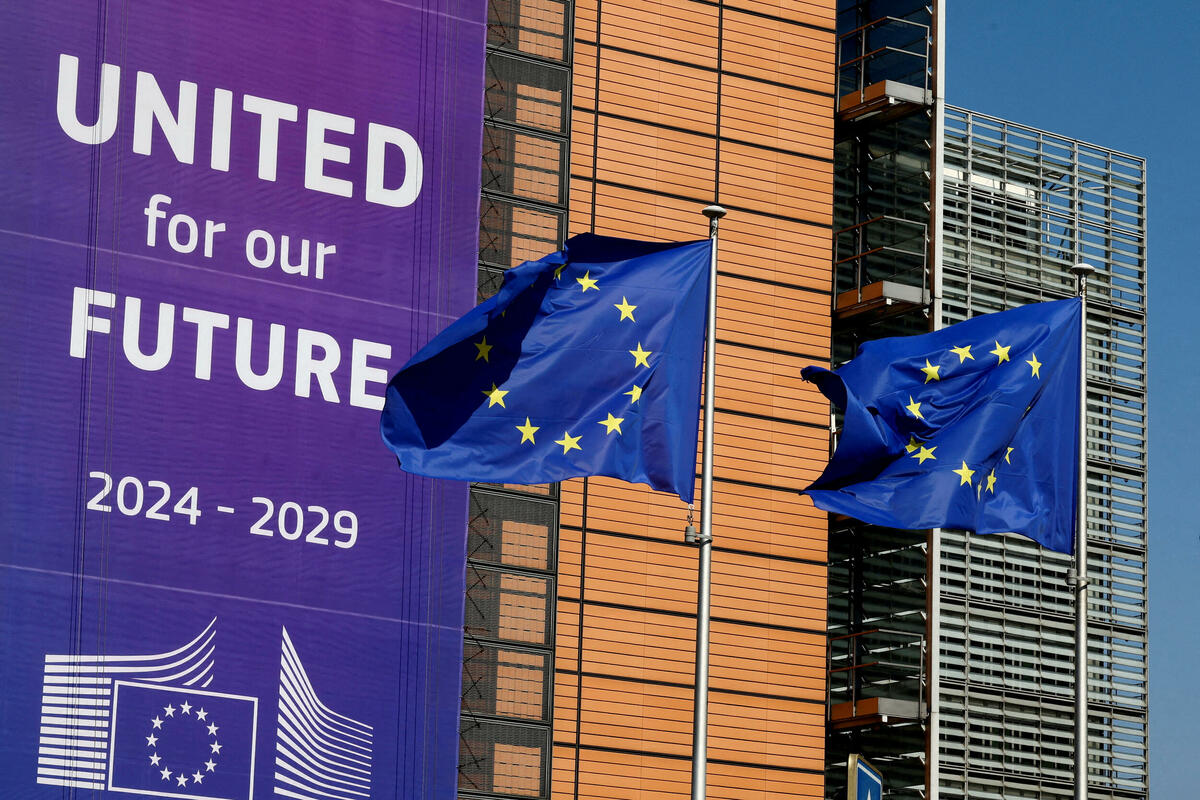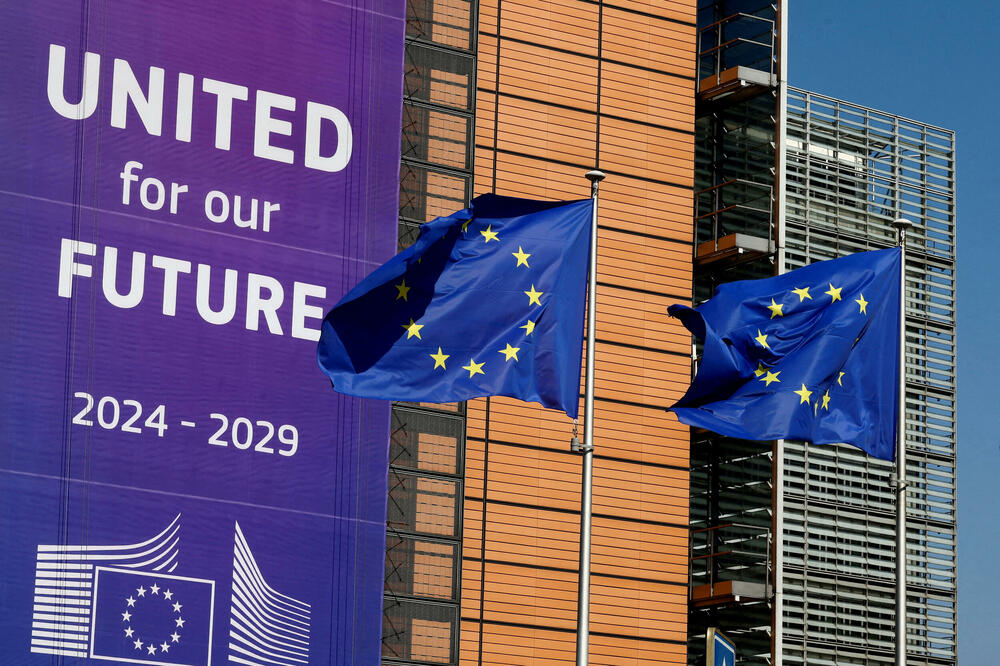The European Commission has proposed a legally binding ban on the import of Russian gas, including liquefied natural gas (LNG), aiming to reduce the EU’s dependence on Russian energy by the end of the year. The proposal is designed to bypass the veto of Hungary and Slovakia, which oppose the ban due to their political and economic interests. The Commission plans to ban new contracts for Russian gas supply from January 1, short-term contracts from June 17 next year, and long-term contracts from January 1 next year. This measure is part of a broader EU strategy to increase renewable energy capacity and LNG imports from other countries, including the US. While countries like Spain, Belgium, the Netherlands, and France support the ban, Hungary and Slovakia have expressed concerns about rising energy prices and maintaining close ties with Russia. The European Commission relies on EU legal mechanisms that allow adoption of measures by qualified majority, bypassing the need for unanimity in the EU Council.
Political Perspectives:
Left: Left-leaning sources emphasize the European Commission’s efforts to reduce dependency on Russian fossil fuels as a necessary step towards energy independence and climate goals. They highlight the importance of solidarity among EU member states and criticize Hungary and Slovakia for blocking collective action that undermines EU unity and energy security.
Center: Centrist sources focus on the legal and political mechanisms the European Commission uses to bypass the veto of Hungary and Slovakia, presenting the ban as a pragmatic solution to ensure EU energy security. They provide balanced coverage of the economic concerns of Hungary and Slovakia while underscoring the EU’s commitment to diversify energy sources and support renewable energy expansion.
Right: Right-leaning sources often stress the sovereignty of member states like Hungary and Slovakia, highlighting their concerns about rising energy prices and economic impacts. They may criticize the European Commission for overreach and the imposition of policies that could harm national interests. Some right-leaning narratives also question the feasibility and economic consequences of rapidly ending Russian gas imports.












